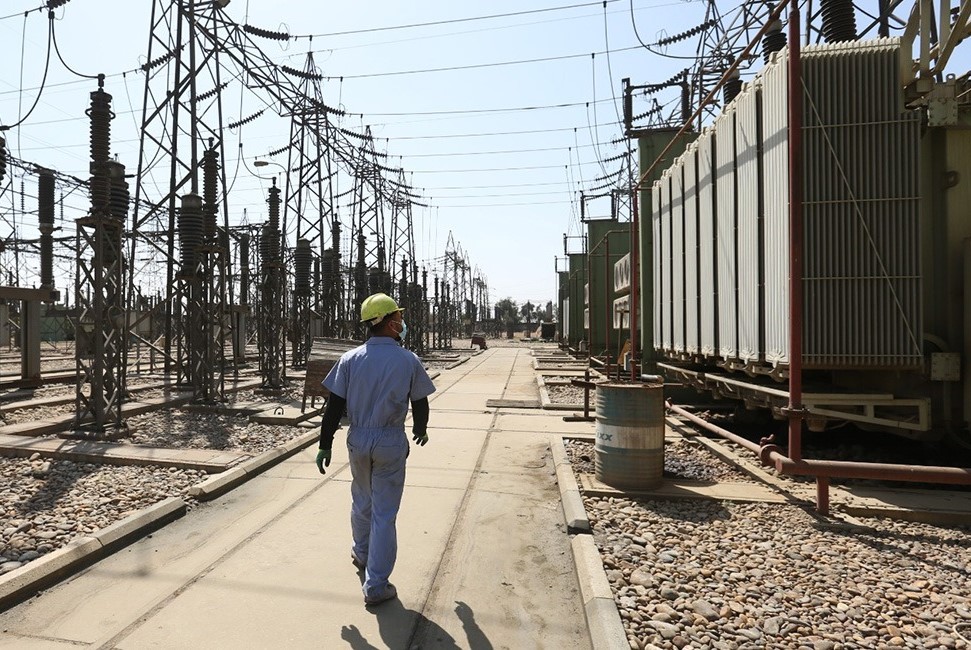An Iraqi government official confirmed on Sunday that the decision to reduce Iranian gas supplies was “unilateral” and was made suddenly and in violation of the contract concluded between the two countries. He also indicated that the Ministry of Electricity reserves all its contractual rights and demanded that the Iranian side “immediately commit” to those terms .
The official said, “Despite the Ministry of Electricity’s continuous efforts to advance the electricity sector and diversify its sources, the national system is exposed during the current cold wave to challenges beyond its control, as a result of unilateral measures by the Iranian side .”
He added that “the Iranian side recently reduced the supply of gas to the gas stations from (25) million cubic meters per day to only (6) million cubic meters, although the contract concluded between the two parties obliges the Iranian Ministry of Energy to supply (50) million cubic meters per day to Iraq during the peak winter and summer periods, for a period of five years, but this sudden measure led to the loss of approximately (6000) megawatts from the national grid .”
The government official pointed out that the Ministry of Electricity, while retaining all its contractual rights, confirms that it is continuing its intensive contacts with the Iranian side and calls on it to immediately adhere to the terms of the concluded contract and ensure the delivery of the contracted quantities to ensure the operation of the power stations and provide reliable supply hours for citizens .
He pointed out that “the Ministry of Electricity took urgent measures, which included high coordination with the Ministry of Oil to pump additional quantities of alternative fuel, accelerate the completion of national gas investment projects, and activate emergency plans to maintain the stability of the electrical system .”
Since the nineties of the last century, Iraq has been relying on a system of scheduled power outages due to the low levels of power production, and the people depend on private generators to fill the gap .
To fill this gap, Iraq imports electricity and gas from Iran for between a third and 40 percent of its energy needs, but it is struggling to pay for those imports because of U.S. sanctions that only allow Iran to obtain funds to buy non-sanctioned goods, such as food and medicine .
In parallel, Baghdad is counting on electrical interconnection projects with neighboring countries in order to secure stable energy supplies without the need for fuel to operate stations, in light of the instability of Iranian gas supplies, which recently caused Baghdad to lose more than 4,000 megawatts due to gas shortages and the cessation of interconnection lines with Iran .
The United States is pressuring Iraq, OPEC’s second-largest oil producer, to reduce its dependence on Iranian gas . To find an alternative pipeline, Iraq announced in August 2023 the signing of a preliminary agreement with Turkmenistan to import gas from it to meet part of the needs of the country’s power plants






